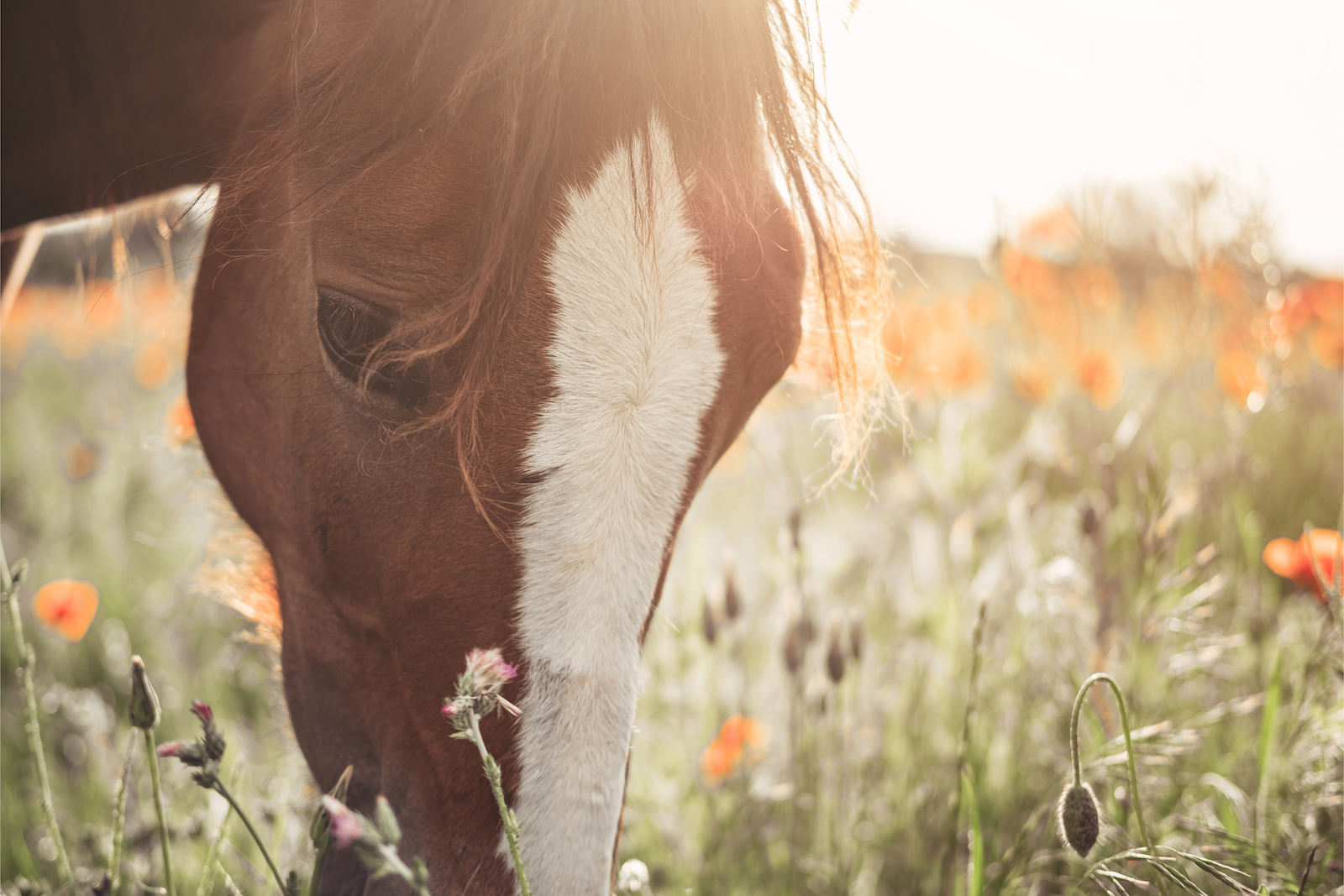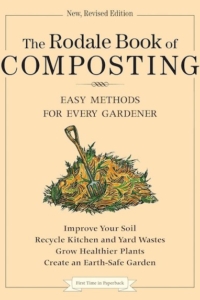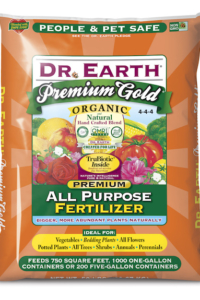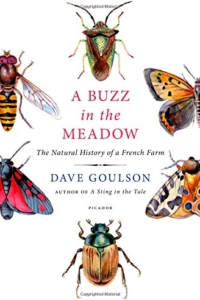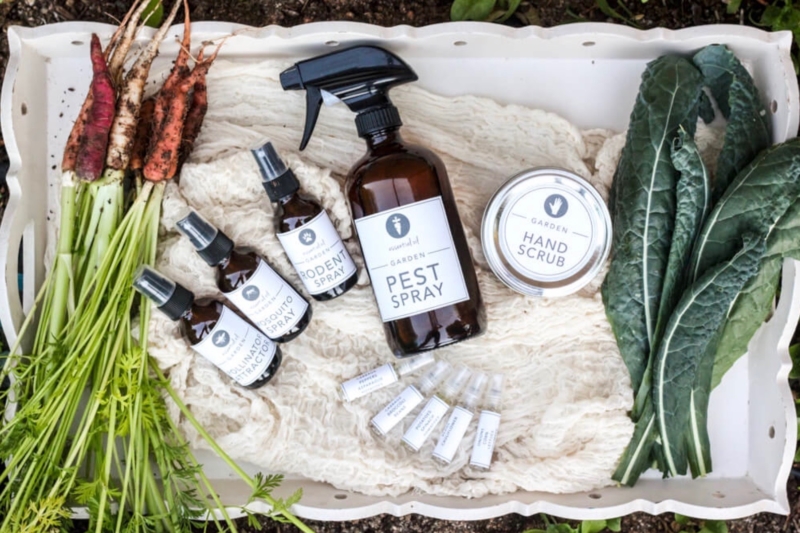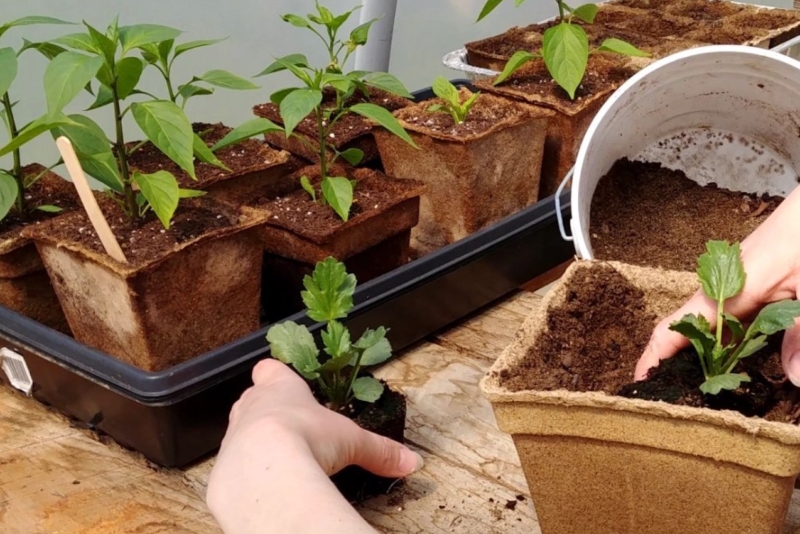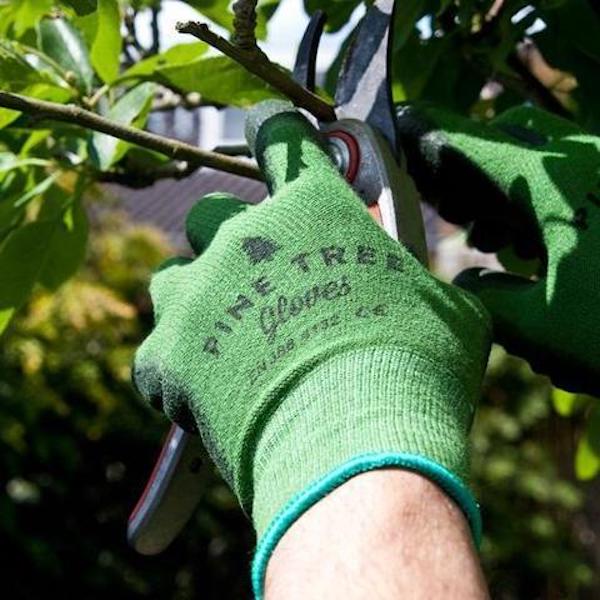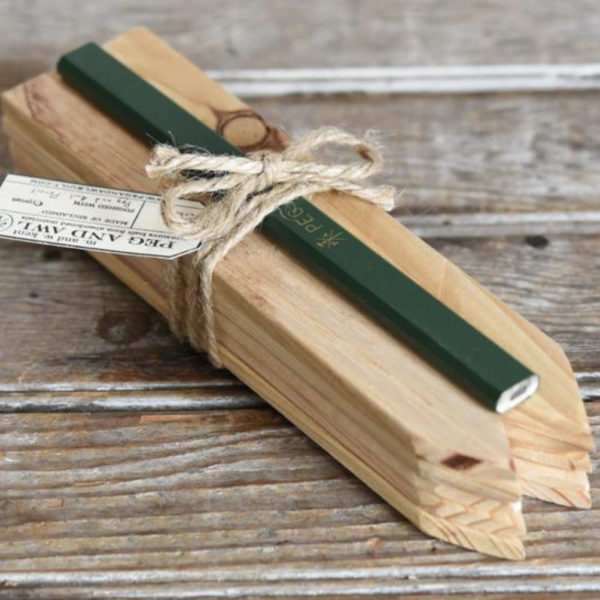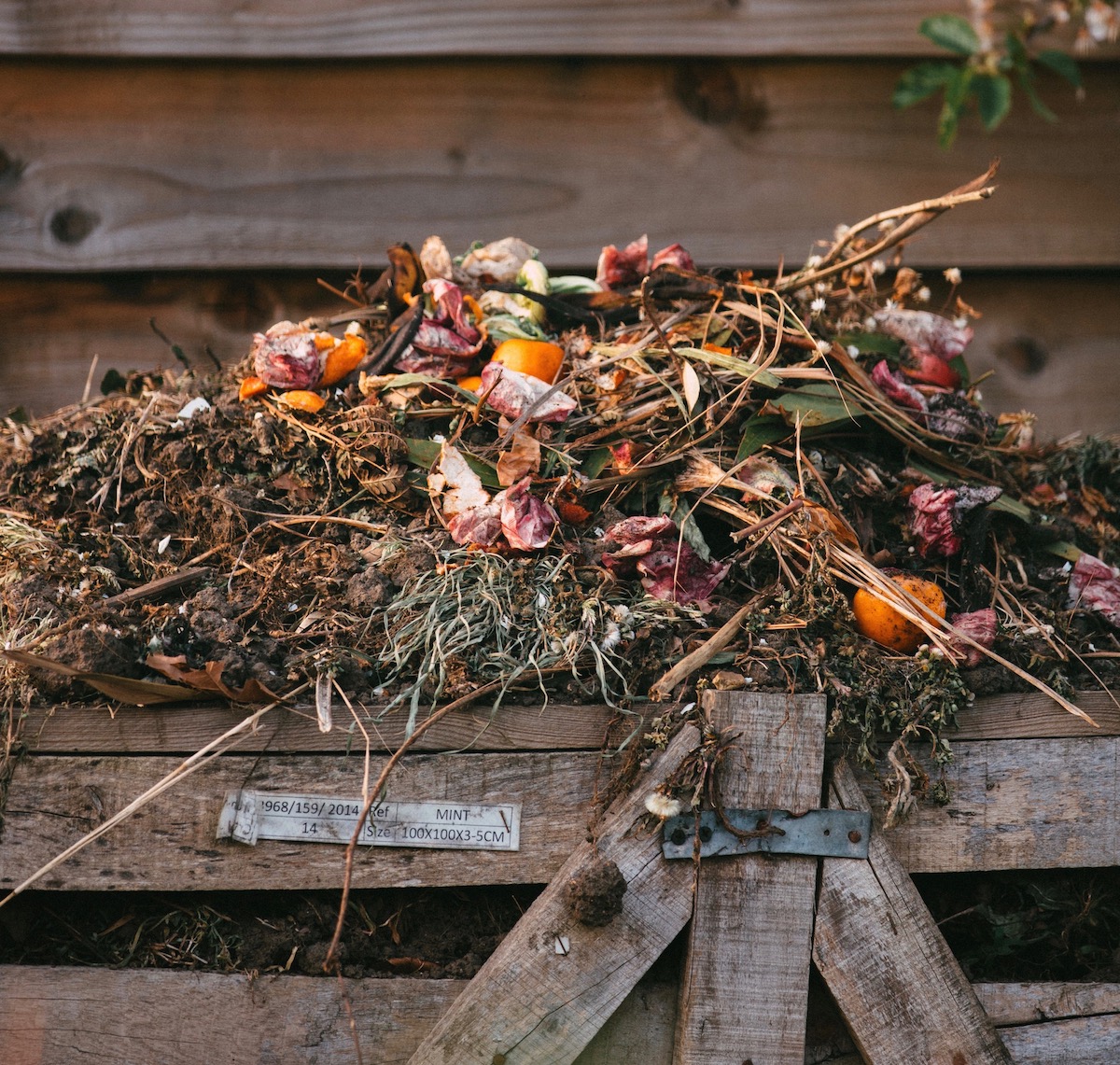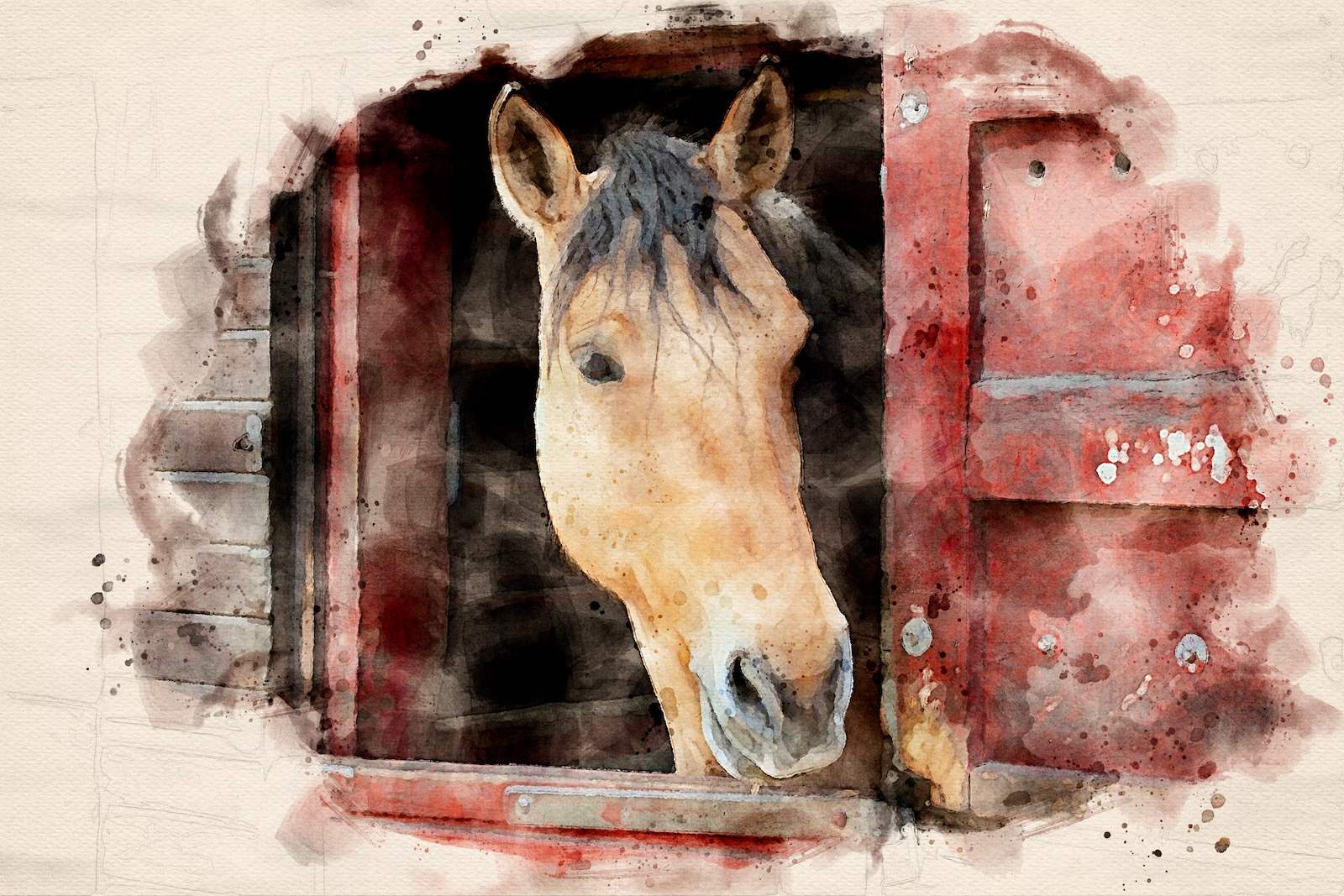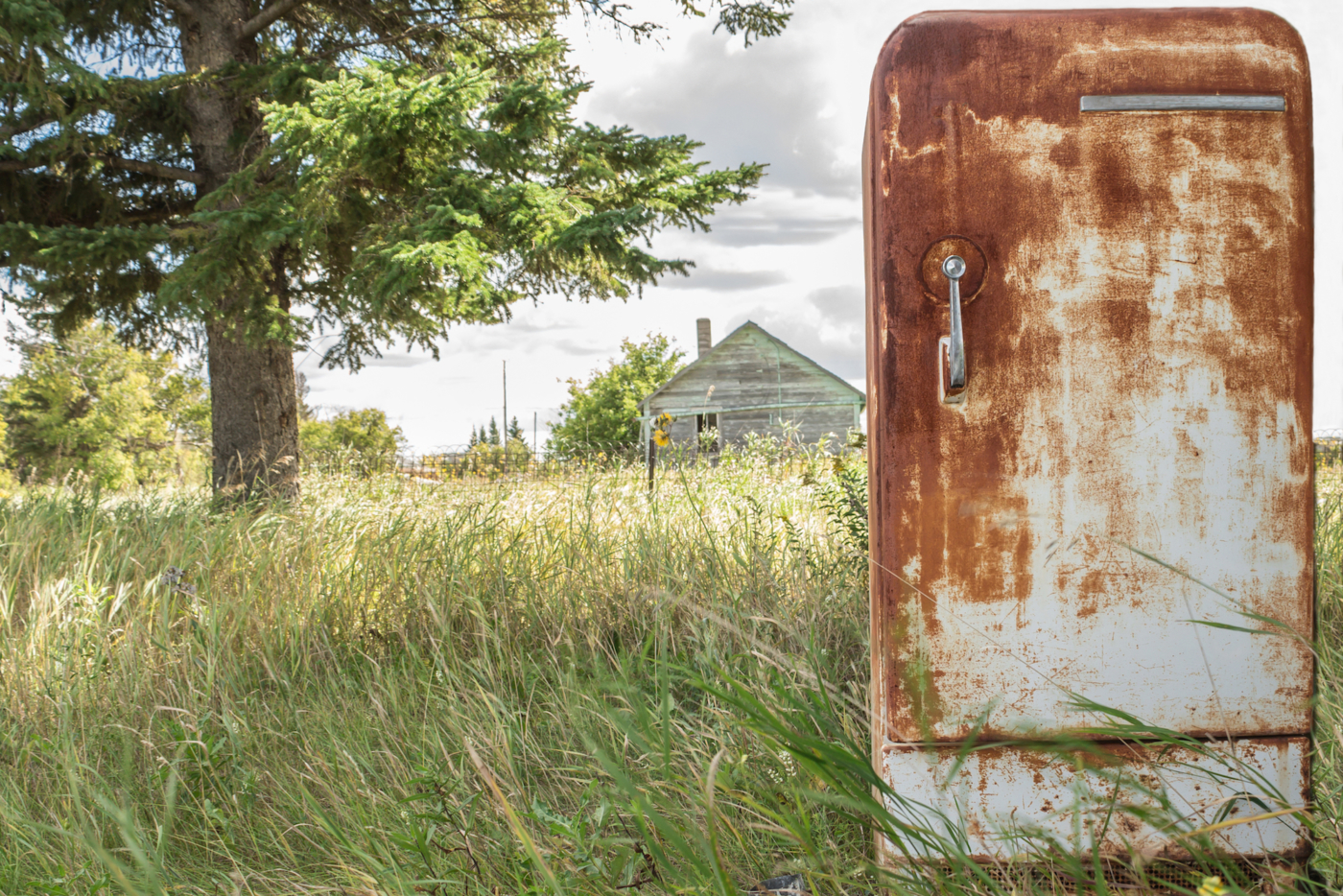If you’re not a big fan of Mother Nature [insert side-eye here], you’ll be happy to know that today is the final installment in our three-part Earth Month series. You can stop reading now, and we’ll see you next week! However, we happen to have a bit of a girl crush on her, so over the past couple of Fridays we’ve provided lists of several informative documentaries, as well as a handful of great, eco-friendly cleaning products for use around the house and barn.
This week, we get down and dirty with a helpful green gardening guide that is designed to minimize environmental impact. From simple composting to bamboo gloves, below we highlight a few handy tips to help with all of your various seed-sowing needs. And if the natural space in your abode consists of little more than a sunny windowsill — not to worry — there’s a post for that, too!
Composting
If you brewed coffee this morning, cracked an egg, or sliced a banana, you’re a candidate for composting. When broken down, kitchen scraps are of tremendous value to garden soil by adding nutrients, managing moisture release, reducing water run-off, and attracting good bugs and microorganisms … all improving plant growth and yields. At-home composting can be quite manageable using the variety of bins available, but it does require some work. Know what to include, what to avoid, and when to spring for worms.
Natural Fertilizer
A handy rule of [green] thumb: compost feeds the soil, and fertilizer feeds the plants. Thus, even when composting, one must consider fertilizer, which aids in maintaining the correct balance of Nitrogen-Phosphorous-Potassium (NPK). There are many natural, safe fertilizers, and we’ve experienced favorable results with Dr. Earth, including the brand’s potting soil and liquid plant food.
Native Landscape
For a bit of rainy-day, indoor enlightenment, we recommend Dave Goulson’s A Buzz in the Meadow. In his book, the biologist studies a newly acquired French farm as it is repopulated by native plants and insects after years of conventional agriculture. This true but tall-feeling tale simultaneously warmed our hearts and opened our minds to how beautiful a native and natural landscape can be. At its core, nature represents an infinite series of symbiotic relationships, and an easy way to protect Mother Earth is to support local wildlife. This anecdotal story emphasizes that planting native species in the garden is a great way to do that.
Natural Insecticides & Pesticides
Since saving pollinators is on our list of garden-friendly promises, an average insecticide will not do. A blend of essential oils can help target unwanted intruders without harm, and manage problems that are isolated to specific areas of the yard. Therefore, in an eco-minded effort to treat bugs and other critters, we found a few recipes from a southwestern gardener that are easy on the landscape, and great for repurposing perfectly good spray bottles. A homemade batch of repellents (including hand scrubs and plant boosters) also makes a great gift!
Biodegradable Growing Pots
Plastic-free CowPots are made from composted manure and break down in the ground in one growing season. The porous, odor-free containers eliminate transplant shock, allow air to circulate, and help roots to establish, making them ideal for seedlings and cuttings. [Even] Fun[ner] fact: CowPots are made using solar power and methane gas for zero waste manufacturing!
Bamboo Garden Gloves
A day spent with our bare hands in the dirt is a good day, but gloves really help git ‘r dun. These gloves made from bamboo fiber are breathable and wick away moisture, which helps keep hands comfortable year round. Of course, the touchscreen fingertips are nifty for whipping out a phone and texting a photo of one’s progress. Like hemp, bamboo is increasingly used in textiles for it’s sustainability features, since it requires no pesticides and needs little water, as well as for it’s strength and durability.
Reclaimed Wood Herb & Veggie Markers
These reclaimed wood plant identifiers are eco-friendly and make a lovely gift for the avid gardener. Make your own, or if you love supporting small, creative, eco-conscious, husband-and-wife businesses (like this), pick these up on Etsy.


